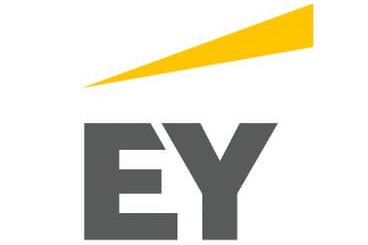

Ernst & Young (EY) – one of the world’s largest professional services firms – has announced its ambitious plans to release a zero-knowledge proof (ZKP) private transaction protocol called ‘Nightfall‘ to aid its corporate clients with using the Ethereum blockchain.
The firm announced the move in a press release stating it believes this will “accelerate the adoption of secure, private transactions over public blockchains”.
EY claims that for most enterprises and investors, the inability to conduct secure private transactions has been a major obstacle to fully embracing public blockchain networks.
The Nightfall project was first announced in October 2018 at the Ethereum Devcon in Prague.
Initially, the prototype was a version of EY Ops Chain, which is EY’s flagship blockchain business application platform for use on the public Ethereum blockchain.
The prototype included a sample supply chain model built on the public Ethereum blockchain network using private transaction technology.
However, since the original solution debuted, EY has worked to enhance its performance by adding ZKPs.
Paul Brody, EY global innovation leader, commented: “Making public blockchains secure and scalable is a priority for EY. The fastest way to spread this privacy-enhancing technology was to make it public.
“The gold standard in security is only achieved with this kind of intense review and testing that comes with public domain releases.”
EY has significantly reduced transaction processing costs for users of the initial prototype by more than 90% through a combination of better data encoding and a more efficient ZKP protocol.
Nightfall will allow for secure, private transfers and payments on the public Ethereum network. It will support fungible token payments compatible with the ERC-20 standard and unique asset transfers compatible with the ERC-721 standard.
Transactions processed using this technology are private to all blockchain users – except for those authorised to see the information.
Companies will still have the ability to provide full traceability and transaction history to auditors and regulators without revealing transaction content more widely.
The software is undergoing final reviews and is expected to be released within the next four to six weeks.
Interested in reading more zero-knowledge proof-related news? Discover how Ethereum has been looking into using zk-SNARKS to solve scaling issues.
Denver, Colorado, 24th February 2025, Chainwire
Denver, Colorado, 20th February 2025, Chainwire
Washington, D.C., 18th February 2025, Chainwire
Dubai, UAE, 27th January 2025, Chainwire
Those who enter the market at this time may be surprised to hear that Bitcoin…
George Town, Grand Cayman, 22nd November 2024, Chainwire